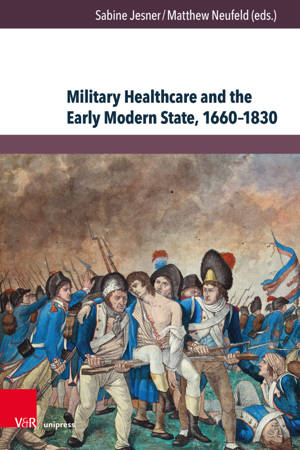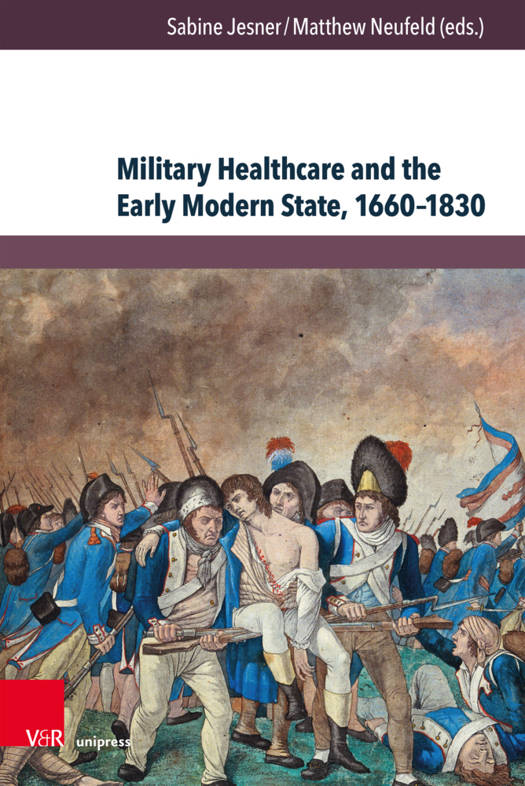
- Retrait gratuit dans votre magasin Club
- 7.000.000 titres dans notre catalogue
- Payer en toute sécurité
- Toujours un magasin près de chez vous
- Retrait gratuit dans votre magasin Club
- 7.000.000 titres dans notre catalogue
- Payer en toute sécurité
- Toujours un magasin près de chez vous
Military Healthcare and the Early Modern State, 1660-1830
Management - Professionalisation - Shortcomings
54,45 €
+ 108 points
Description
This volume demonstrates novel ways to study military healthcare in Europe from the 1660s to the 1830s. The book uses a sociocultural mode to scrutinize the impact of values, habits and behaviour on the quality and effectiveness of military healthcare. It looks beyond the battlefield and considers the consequences of war for societies, while presenting female and male perspectives. The book explores individual performance and achievements of actors active in civil service, and examines the duality of informal and formal systems of military healthcare related to their impact on health and recovery. It improves our understanding of early modern military welfare and the emergence of public health.
Spécifications
Parties prenantes
- Editeur:
Contenu
- Langue:
- Anglais
- Collection :
- Tome:
- n° 30
Caractéristiques
- EAN:
- 9783847117919
- Date de parution :
- 14-04-25
- Format:
- Livre relié






